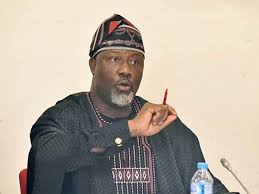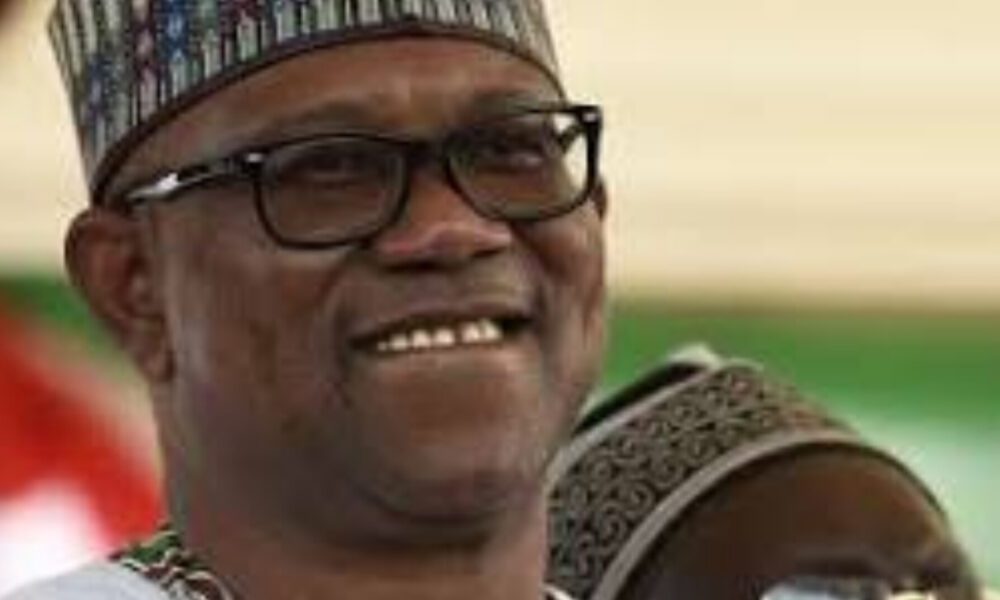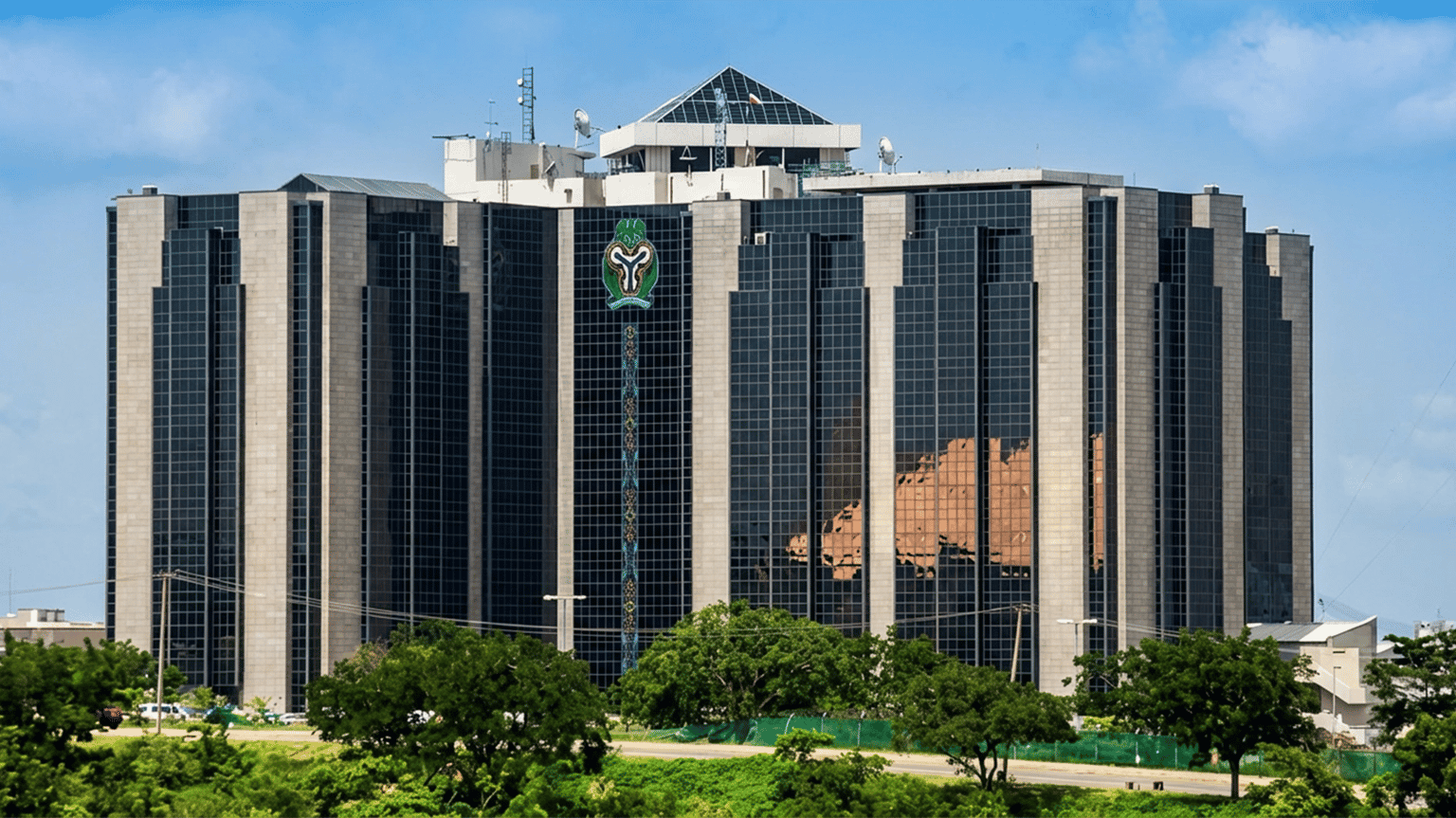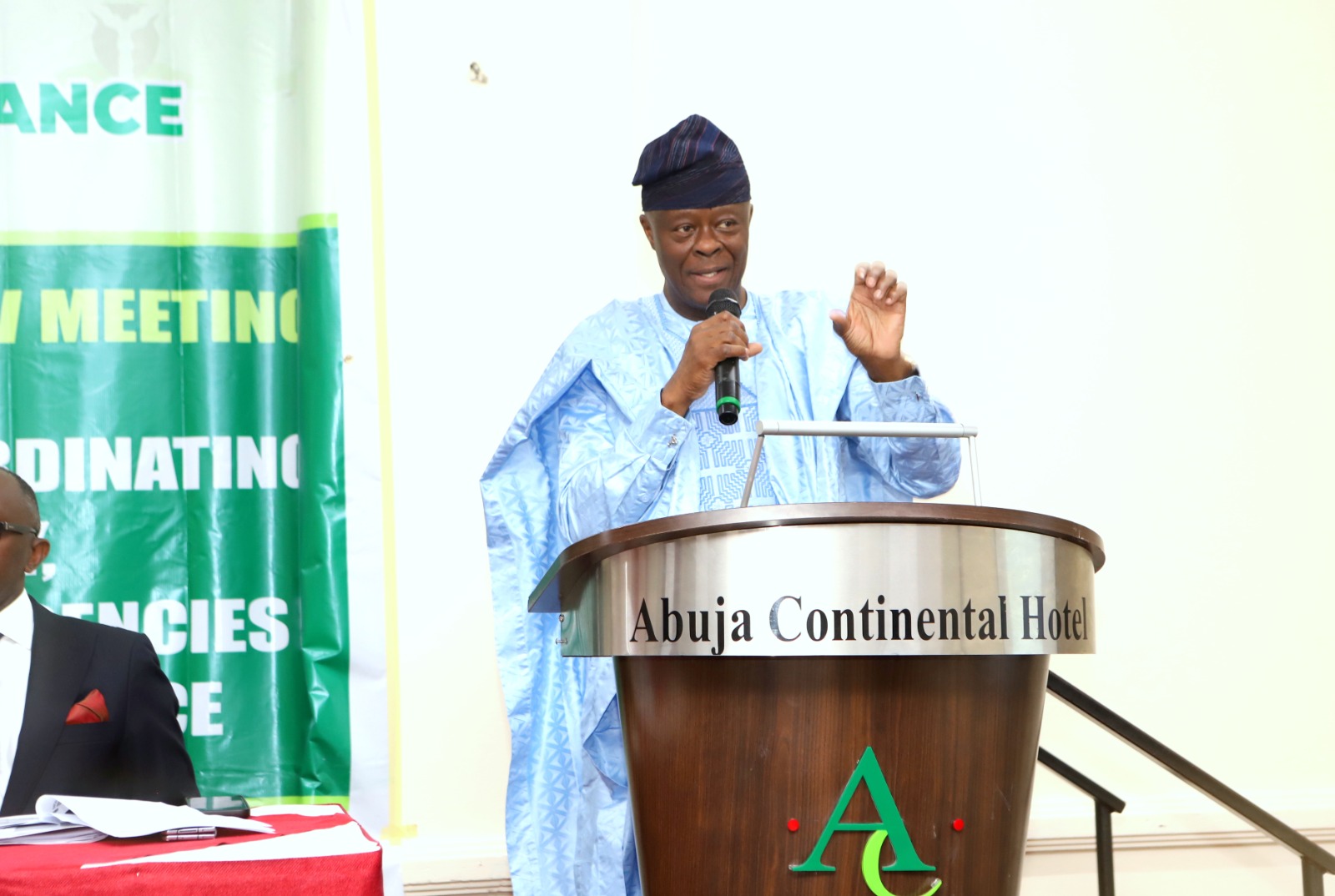**Tells Buhari, the country has collapsed under his watch
Senator who represented Kogi West in the 8th senate and partly 9th senate, Dino Melaye has asked Nigerians to save their country from tipping over from bottom to the bottomless pit.
In a message to President Muhammadu Buhari he indicated that it is so ridiculously bad that the Commander in Chief is now the target in chief of bandits and kidnappers.

Describing the scenario as a repulsive and revulsive melodrama he quoted the classic Nigerian Songstar, Asa, who on the 19th day of July 2022 during the NNPC re-launch rendered her contextual song *“there is fire on the Mountain and nobody seems to be on the run”* .
In a statement he personally signed and made available to the NationalUpdate on Friday, he said the song was a direct message that if as usual President Buhari is ‘not aware’, that all is not well in Nigeria, the country over which he is the Commander-in-Chief then he should know that,
“His administration has successfully turned Nigeria into an unenviable poverty capital of the world, where over 82.9 million once-thriving Nigerians can no longer afford their daily meals and other necessities of life. Millions of Nigerians now wish they were never born as Nigerians.
“To my fellow Nigerians, this is no longer business as usual. Nigeria is heading for a seemingly irredeemable precipice under this administration.
We need to speak up now before our National patrimony and collective wealth will be extinguished under this administration.
“Nigerians will remember vividly when this administration during its campaign made the statement “ from Top to Bottom” most Nigerians laughed in amusement, thinking it was just one of those campaign slogans. “Little did we know it was a clear declaration of how our economy would be ruined from Top to Bottom. According to him, the President has succeeded in taking the economy of this country from top to bottom. “Nigeria’s once robust economy handed over to the President by the last administration in 2015 is in a state of anomie today. Nigeria’s once robust economy has been wrecked and ruined, resulting in unbearable hardship, hunger, hopelessness, starvation, strange sicknesses, suicide and and sslavery.”
According to him, President Buhari’s administration is a colossal failure and bedevilled with so many contradictions.
“The administration failed in every sector of our national life. This is the administration that made sweeping and salivating promises to the Nigerian populace, promising tantalising dividends the country stands to gain through its leadership particularly on the fight against corruption, economy, security, democracy as well as national unity and cohesion.”
He said Nigeria is experiencing a comatose economy, a corrupt and dysfunctional politics, a fractured society, a broken nation beset by widespread poverty, debilitating insecurity and, inevitably, massive distrust of government.
“We watched with dismay and utter disgust the gradual and total collapse of almost every fabric of governance in Nigeria. *From Top to Bottom Ibdeed!*
Melaye pointed out that unconscionably the President still feels his administration is doing so well that he rolled out the drums to celebrate his seventh anniversary on 29th May.
“In a 28-page document, published on May 28, the presidency reeled out self-acclaimed achievements, covering legislative reform, infrastructure and agriculture.
“For the avoidance of doubt and for the purpose of clarity, how has the economy performed under this administration? Mr. President needs to remark his own script, to see what he has turned Nigeria into in this past agonising and dehumanising years of his administration:
“Our debt crisis manifests in our fiscal cliff as we now spend all of our revenue servicing debts. Nigeria’s statistical figures recently showed that we now spend over 100% of our revenue to service debts.
“This past quarter, we spent N1.94 trillion servicing debts, while our revenue was less than that figure by N300 billion, at N1.63 trillion. This is ridiculous.
“So, the questions we Nigerians are asking is where will we find money to fulfil other obligations? We can no longer depend on our crude oil because, it has finally become a liability, as our proceeds from crude get cancelled out by our import of petrol, Nigeria is now stuck for ways to fund herself.
“Also, our debt stock is about N41 Trillion, or close to $100 billion. This is about a quarter of our GDP. But when we add government borrowing from people’s pensions, the borrowing that was used in intervening in the bad bank, AMCON, and the Federal Government’s exposure to the Central Bank of Nigeria, perhaps we are looking at least another N35 to N40 Trillion, taking our debt to GDP ratio to over 50%.
“Of course debt to GDP is a meaningless index. What about debt to revenue? That is where we find that our economy has really cascaded from prosperity to poverty on fulfillment of the unavowed determination of the President to bring the economy from fame to shame and from top to bottom.
He indicated that the naira value is becoming uncontrollable just as the foreign exchange market continues to witness supply shortage to meet its demand.
“A gap of at least N250 has emerged between the official rate and the more-accessible ‘parallel market’ rate. As of today, the exchange rate is N710 per US$1 dollar, and the devastating effect of same on economy of our nation cannot even be fathomed.
“It has become one of Nigerian’s worst nightmares because the exchange rate is tied to inflation and perception. It is a pheno”menon that feeds on itself and leads to a spiral because Nigeria is still largely an import economy, we produce nothing apart from agricultural items which we sell raw.
” Inflation is at 18.6% and the Central Bank’s Monetary Policy Committee (MPC) has raised the benchmark rate by 100 basis points (1%) in the last two consecutive meetings. Even though rates are being raised, which should theoretically slow down inflation, the opposite has been the case. The higher the Monetary Policy Rate (MPR), the higher the inflation.
“Nigeria is stuck in a perpetual trap of low productivity. Nigeria today is producing little or nothing. This administration failed to encourage or provide the atmosphere to increase production. And it is glaring when we analyse our exports against our imports.
“This situation has gotten worst under this administration. We are locked into a situation where we only grow crops and sell them yearly without adding appropriate value for export. Yet we attract the most sophisticated imports from the world.”




